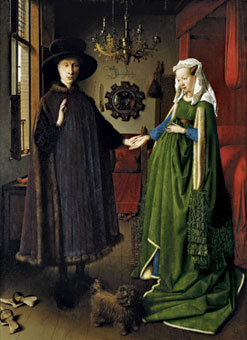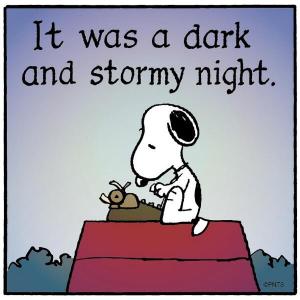I’m going to be chatting with Juliette Wade on Dive Into Worldbuilding this Wednesday, September 14, at 1 PM EST. This is a live online chat, and anyone can join in. It’ll be streaming on YouTube; check out Juliette’s other videos here.
I’ll be talking about two things: writing without a visual imagination, and semiotics, as it’s applied to writing. #SFWAPro
Semiotics (not semiology) is basically the study of what things mean. It examines how signs become stand-ins for meaning — why a shape scratched onto a rock becomes a symbol, becomes a letter, which is interpreted both as a specific sound and an effect on the other letters it’s placed next to, for example; it’s related to linguistics, without being confined to written or spoken language. Semiotics looks at everything as a symbol, and the display of those symbols as extra layers of meaning. Rather that only using the letters on a billboard for meaning, it also explores what effect the font choice, or colors, or size of the letters, has on the meaning of the message. The same words printed in Comic Sans will have a different meaning to a reader than if they’d seen it printed in all caps, using a heavy Impact font, right?
But wait, there’s more! Semiotics also looks at images as if they are components of language, imparting meaning. Traditionally, that’s meant that art historians will look at a painting, and they’ll interpret the color of the subject’s clothes to mean something specific. The objects and animals in a painting will also have an extra meaning. Here’s one example:
Fidelity has long been metaphorically portrayed in Western Art as certain women, a plant, or a dog. (“Fido” even means “trust” in Latin.) In van Eyck’s famous painting, Arnolfini and His Wife, the little dog between the two figures was therefore assumed by viewers at the time to be a reference to the faithfulness they’d enjoy during their marriage.

Jan van Eyck Giovanni, Arnolfini and His Wife (1434)
The National Gallery, London
It’s important to note that I said “viewers at the time”. The Arnolfini Painting was created toward the beginning of the Flemish Primitives period, during the Northern Renaissance. Anyone who viewed it during the 15th century probably understood about the dog, and several dozen other symbolic references as well. They didn’t need it explained to them, because they were living in the culture that created this visual shorthand. The curtains on the bed were red, and left open, hinting at the consummation of the marriage, the future lovemaking they’d enjoy… which wasn’t any kind of a secret to the painting’s intended audience. The fruit on the windowsill implied both fertility (it’s ripe, round, and fresh) and wealth (those fruits were expensive to import) — which would have been obvious at the time. For outside, untrained, viewers, it doesn’t give the same impression.
Decoding semiotic clues becomes harder as you move away from the originating culture. This could be a movement in time — most of the interpretation was done in the 20th century — or place, which is why early archeologists got so very many things wrong when they applied their 19th-century British or German worldviews to Ancient Egyptian relics. (Or any other African finds, or Native American sites, or South American, or… pretty much any dig that uncovered anything, anywhere. White privilege in action!)
The study of semiotics looks to understand people, art, culture, and events through the lens of interpreting the things left unsaid. It’s also used to understand the written depiction of things outside of dialogue. You’ve been using it ever since you started reading, even if you didn’t know.
Writers often use this shorthand to enhance their writing, so readers are used to looking for and understanding that shorthand. It’s why you probably think of “Sherlock Holmes” when you see a deerstalker hat, or the image of man in a long beige trenchcoat, wearing a fedora, standing in the shadows, implies “early 20th century detective”. It’s why that same trench coat paired with a blue suit and Converse makes you think of the Doctor, instead. These things are the visual expression of “Darmok and Jalad at Tanagra,” a phrase that means much more than the individual words suggests.
For some writers, putting in semiotic clues is a way to skimp on the writing. If you show us at the beginning that your main character looks and moves like Ronald Reagan, then you don’t have to work as hard to convince us that this person is charming, affable, and secretly suffering from memory loss or dementia. We’ll know that, because Reagan has become an archetype, and his presence means those things to many people now.
(There are some sub-genres that work well for this sort of writing: space adventure comedies, and Mythos stories, for example. But unless you’re careful, it’s too easy to rely on flat archetypes and facile writing, putting the work on your readers instead of yourself.)
I’m not saying that semiotics is only a cheat for lazy writers, though. It can be, sure. When done well, it also adds layers and layers of subtext to original stories. Think of the way the color red is used in The Sixth Sense or the lighting cues that Dean Cudney used in John Carpenter’s The Thing. The way Sandy changes into the black outfit in Grease and the boys instantly know what she’s trying to say about herself.
Everything has meaning, when you want it to.
(Part 2 will be published on Wednesday, September 14. Stay tuned!)


